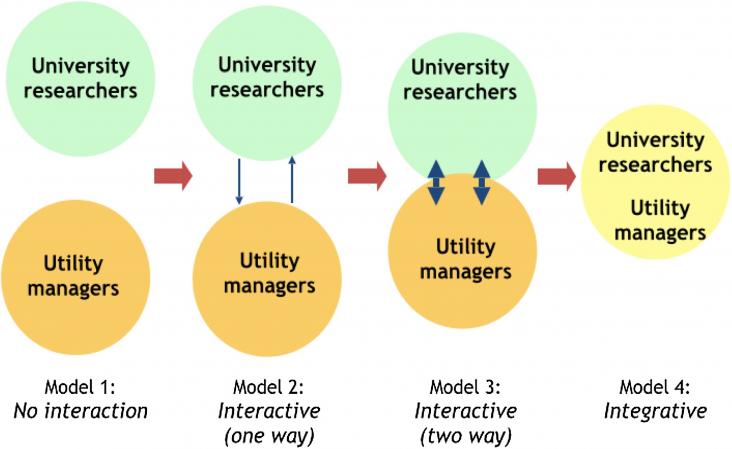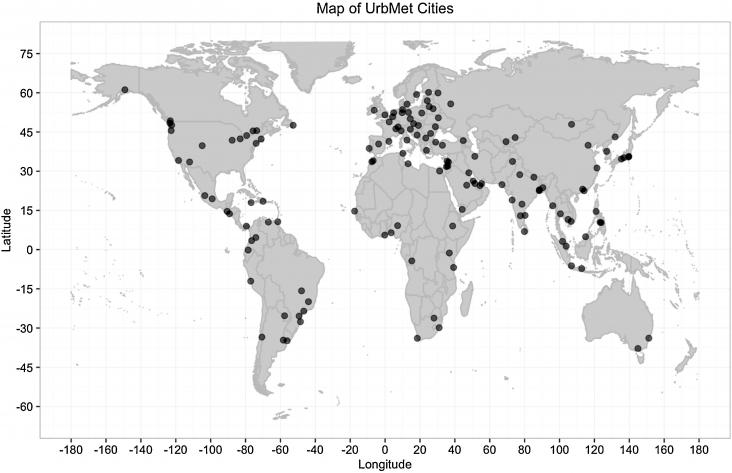Aquaponics is an innovative smart and sustainable production system for integrating aquaculture with hydroponic vegetable crops, that can play a crucial role in the future of environmental and soci

Water harvesting is an ancient practice that has been used, mainly in dry environments, to increase efficiency of water collection and use by directing water from a large natural watershed or man-m
Combined Sewer Overflow (CSO) infrastructure are conventionally designed based on historical climate data.

The sustainability of urban water systems is often compared in small numbers of cases selected as much for their familiarity as for their similarities and differences.
This paper uses ‘Medieval’ drought conditions from the 12th Century to simulate the implications of severe and persistent drought for the future of water resource management in metropolitan Phoenix
